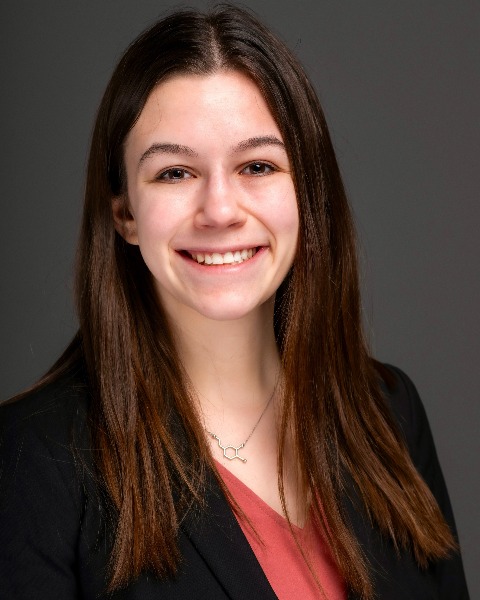Pain
Why Opioid Use is Higher at Home: Post-operative Pain Management in the Homeless
Why Opioid Use Is Higher at Home: Post-operative Pain Management in the Homeless

Samantha Schimmel
Medical Student
University of South Florida, Morsani College of Medicine
University of South Florida, Morsani College of Medicine
Tampa, FL, US
Presenting Author(s)
Introduction: The immense toll opioids have taken on patients is no secret, with over 80,000 deaths being attributed to opioid overdose in 2023. In spine surgery, opioids are commonly prescribed for managing post-operative pain. Unfortunately, this acute use of opioids can warp into dependence. Numerous factors have been associated with opioid overuse and dependence following spine surgery, including lower income, race, pre-operative psychological illness, and more extensive spinal fusions. We investigated how homelessness (HL) impacted the use and dependence of opioids used for pain management.
Methods: We conducted a retrospective review of all spinal deformity surgeries at our tertiary care center from 2016-2023 (n=278). We collected patients who had an ICD-10 code diagnosis of HL prior to surgery. To determine the length of use, we collected the last documented opioid use after surgery. We also collected data on opioid tolerance and/or dependence. A one-way ANOVA was performed to compare the length of opioid use. A Chi-square test was conducted to determine differences in opioid dependence.
Results: Eight (3%) of 278 patients with recorded opioid use were experiencing HL prior to surgery. The length of opioid use (recorded in n=229 patients) was not significantly influenced by housing (HL mean 13±9 months; non-HL mean 29±25 months; p=0.118). Additionally, there was no significant difference in opioid dependence between those experiencing HL (n=6, 75%) and non-HL (n=138, 51.1%) (p=0.184).
Conclusion : HL adds significant barriers to post-operative care and pain management. While other studies have suggested low income increases the risk of opioid dependence, our results show that having access to a home may increase the length of opioid use and dependence, albeit non-significantly. Nevertheless, our results demonstrate a profound incidence of tolerance/dependence on opioids post-operatively.
Methods: We conducted a retrospective review of all spinal deformity surgeries at our tertiary care center from 2016-2023 (n=278). We collected patients who had an ICD-10 code diagnosis of HL prior to surgery. To determine the length of use, we collected the last documented opioid use after surgery. We also collected data on opioid tolerance and/or dependence. A one-way ANOVA was performed to compare the length of opioid use. A Chi-square test was conducted to determine differences in opioid dependence.
Results: Eight (3%) of 278 patients with recorded opioid use were experiencing HL prior to surgery. The length of opioid use (recorded in n=229 patients) was not significantly influenced by housing (HL mean 13±9 months; non-HL mean 29±25 months; p=0.118). Additionally, there was no significant difference in opioid dependence between those experiencing HL (n=6, 75%) and non-HL (n=138, 51.1%) (p=0.184).
Conclusion : HL adds significant barriers to post-operative care and pain management. While other studies have suggested low income increases the risk of opioid dependence, our results show that having access to a home may increase the length of opioid use and dependence, albeit non-significantly. Nevertheless, our results demonstrate a profound incidence of tolerance/dependence on opioids post-operatively.

.jpg)